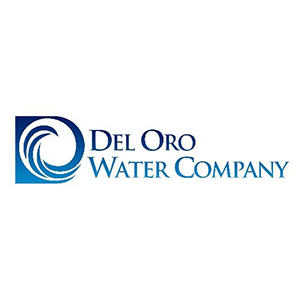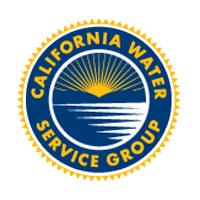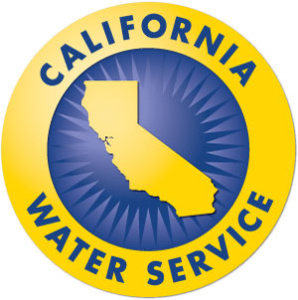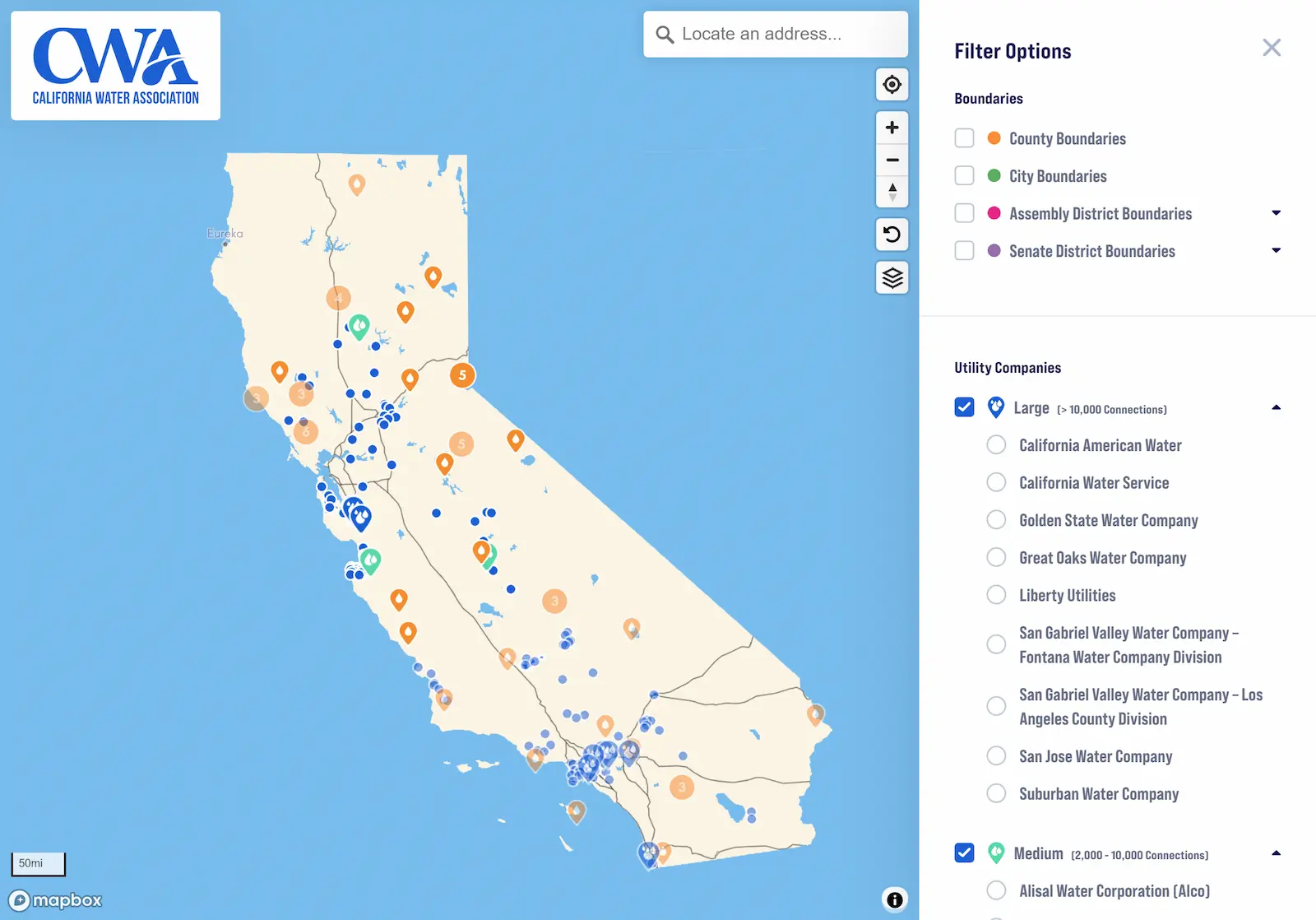With the enactment of Senate Bill 88 in mid-2015, the State Water Resources Control Board embarked on a program to require certain water systems that consistently fail to provide safe drinking water to consolidate with, or receive an extension of service from, another public water system. The consolidation can be physical or managerial. For many years, the Drinking Water Program, under the auspices of the State Board’s Division of Drinking Water (DDW), has encouraged — and will continue to encourage — voluntary consolidations of public water systems.
The new authority under SB 88 now allows it to mandate consolidation of water systems where appropriate. These statutory changes to the Health and Safety Code give DDW authority to mandate such consolidations or extension of service following a series of specific actions. For the past 15 months, DDW has issued letters to water systems to consolidate with, or seek an extension of service, from a public water system. The recipients of such letters have up to six months from the date the letter is issued to voluntarily consolidate with, or receive extension of service from, a public water system. To date, six such troubled systems have been identified for consolidation under this program.
Prior to the SB 88 program, and concurrently with its implementation, the California Public Utilities Commission (CPUC) regulated water companies were and are active with their own voluntary acquisition programs of small water systems that are deficient in technical, managerial or financial capacity and compliance. At least a dozen such acquisitions have occurred in the past two years by CWA member company utilities.
Among the most active has been Butte County-based Del Oro Water Company (Del Oro), which, in 2015, acquired the Black Butte, Buzztail and Traver Water Districts from various sellers. Additionally, Del Oro applied to the California Public Utilities Commission (CPUC) to acquire Benbow Water Company in Humboldt County and Larkspur Meadows in Tehama County. The response to Del Oro’s acquisitions from the vast majority of the affected customers has been positive.
Since acquiring the systems, Del Oro has completed significant capital improvements ranging from installing new customer meters, flow meters and control panels to flushing entire systems and hydrants; cleaning or rerouting discharge piping; replacing controls, hydrants and pumps; painting pressure tanks, wells and hydrants; activating a new mainline extension and completely retrofitting a well and more. And in the Traver District, Del Oro addressed existing water quality issues and performed an audit to identify service connections that were not being properly billed. Del Oro also is searching for undocumented valves and pipelines and metering all service connections. Plans also are in the works to drill a back-up well in Black Butte to augment the one well, which is the sole existing water source for the district.
Located in Glenn County, Black Butte District was purchased when the owner passed away and his children did not want to operate a water district. Black Butte has 82 service connections serving an estimated 160 customers.
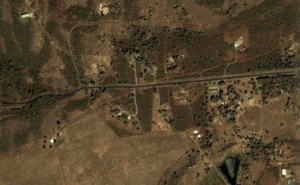
Buzztail District in Butte County previously was operated by the Buzztail Community Services District (BCSD). With continuously growing complexities and operating costs, BCSD opted to sell the water district to a larger company that could take advantage of internal expertise and economies of scale to operate the system efficiently and effectively. Buzztail has 35 service connections and serves approximately 65 customers.
Tulare County’s Traver District formerly was operated by another investor-owned water company, which no longer wanted to deal with the complexities of the CPUC and other government agencies. Traver has 191 service connections serving an estimated 400 customers.
The descendants of the owners of Benbow Water Company in Humboldt County and Larkspur Meadows in Tehama County, for which Del Oro has applications pending with the CPUC, decided to sell their assets. Benbow has 134 service connections and Larkspur Meadows has 37.
Del Oro has been intentional in making the transitions as smooth as possible for customers beginning with converting existing databases and handwritten ledgers to Del Oro’s data system to ensure customers didn’t experience disruptions in meter readings or billing cycles. From the start, Del Oro made communication a top priority by mailing detailed, personalized welcome letters to customers with a “How to Read Your New Bill” diagram and frequently asked questions. This information also was made available online at www.delorowater.com.
Additional benefits to customers include access to a call center with district-specific phone lines answered 24/7/365 as well as website access for account management, payment options, detailed billing and usage history and routine and emergency customer alerts. Del Oro’s bill format offers significantly more detail and information than the customers’ previous bills. Expert staff also is available 24/7/365 to respond to emergencies, and the majority of maintenance and repair work will now be completed in-house, eliminating the delay and cost of using contract labor. Most importantly, customers are receiving the benefit of economies of scale in purchasing supplies and shared administrative costs, which will help keep rates as low as possible.


